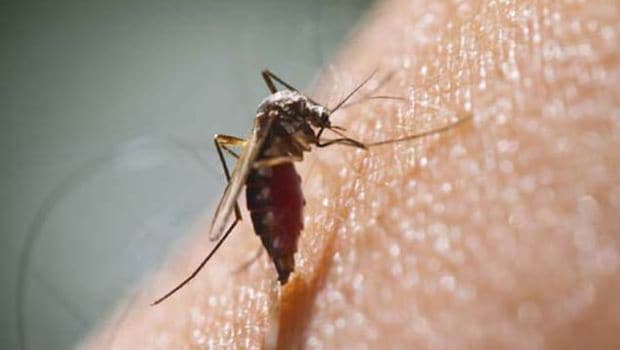Exercising regularly and leading a healthy lifestyle can reduce the damage to the heart and skeletal muscles brought on by malaria. According to a new study, a healthy diet including fresh fruits and vegetables, and a right amount of protein is very important.Malaria afflicts more than 500 million people each year in scores of countries all over the world, killing more than 400,000 according to the World Health Organisation. Marco Brotto, Professor at The University of Texas - Arlington said that moderate or high levels of malaria infection typically affect skeletal muscles and the heart."Residual effects could be from the heart being weaker for some time to permanently suffering some damage," Brotto said, adding that a similar effect takes place on the muscles. Even those with mild cases of malaria report a lot of muscle soreness and fatigue. But, healthy diets and regular exercise can act as a counter against the disease within a short duration.
Interventions such as anti-oxidant therapy through diet and medication can boost the functions of the heart and muscles. Also, "there are interventions you could take prior to or in anticipation of an infection in order to improve the muscular and heart function," Brotto observed. Apart from exercise, eating more fresh fruits, vegetables and fiber as well as high protein diet such as meat, poultry, fish, legumes can help combat the infection, the researchers suggested.The study was published in The Malaria Journal.
Interventions such as anti-oxidant therapy through diet and medication can boost the functions of the heart and muscles. Also, "there are interventions you could take prior to or in anticipation of an infection in order to improve the muscular and heart function," Brotto observed. Apart from exercise, eating more fresh fruits, vegetables and fiber as well as high protein diet such as meat, poultry, fish, legumes can help combat the infection, the researchers suggested.The study was published in The Malaria Journal.
Advertisement









